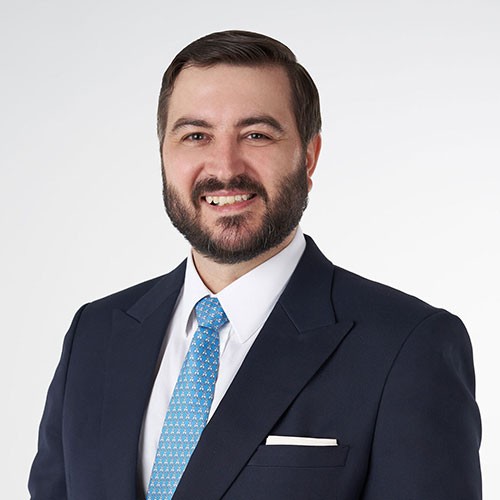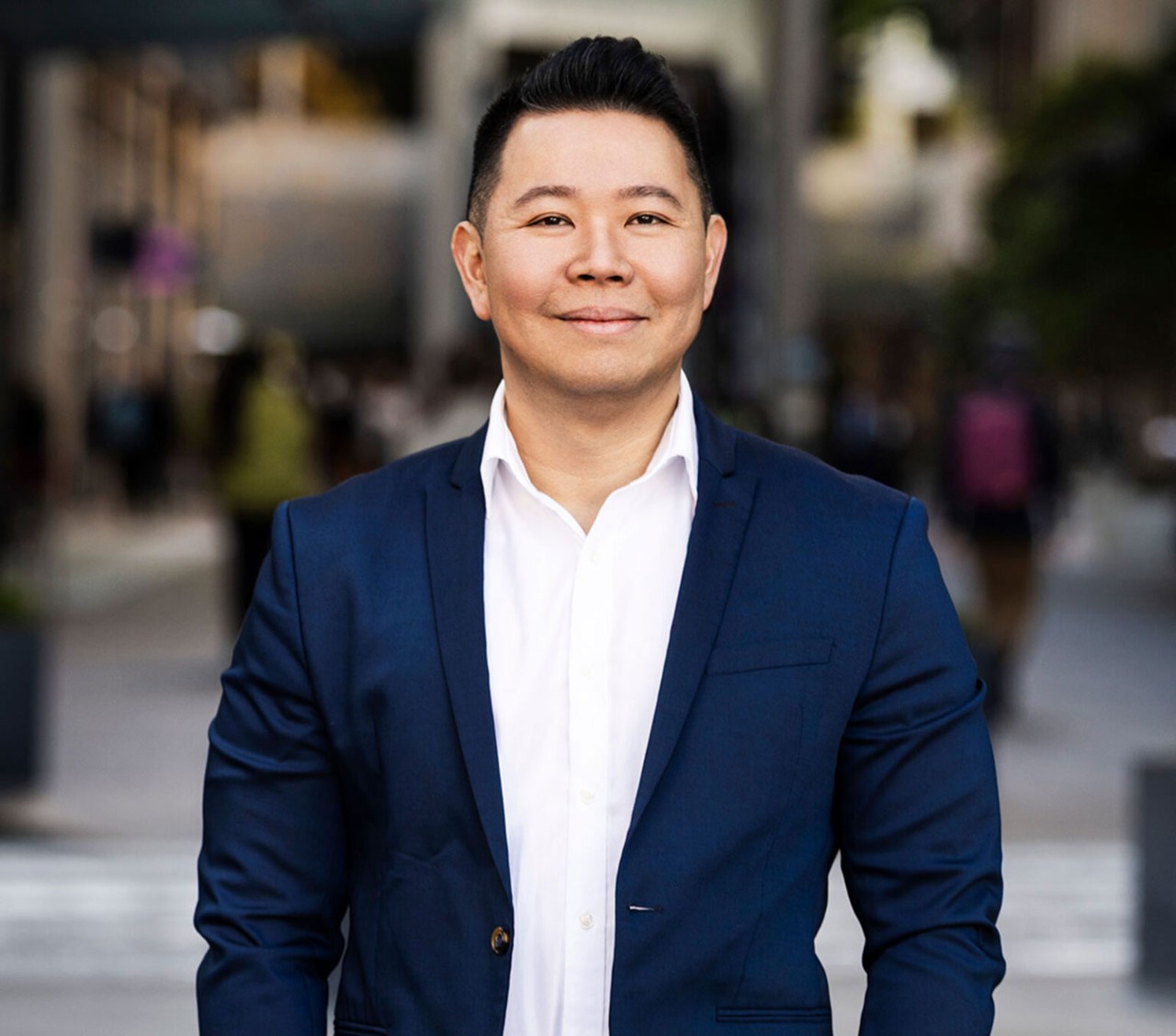
I had my sights set on investment banking or fund management and did an undergraduate degree in finance at the University of Sydney. But I graduated just as the Global Financial Crisis hit, forcing me to think laterally. Valuation is a cornerstone of professional investing, all about understanding value drivers and quantifying risk, so that became my pivot. I joined a boutique firm with a strong disputes practice, working alongside accountants, tax professionals and actuaries, and obtained the Chartered Financial Analyst designation as soon as I could.
In a sense, I’ve come full circle. I started out studying commerce and law, and now my work in valuation and damages quantification is a blend of finance, economics, accounting and law. I specialise in valuing things that aren’t always tangible, like claims, losses and illiquid shares; these are assets that sit in the space between numbers and narratives.
We are the ‘Davids’ against the ‘Goliaths’
Owning my own firm has given me a new perspective on business – the emotional highs, the quiet frustrations, the delicate balance of ambition and pragmatism. There’s something deeply satisfying about running a lean, agile practice while offering the kind of service that’s usually associated with much larger firms. We are the ‘Davids’ against the ‘Goliaths’.
I want to push the science of valuation forward. There’s still so much to refine and develop in this field. We’re exploring how data science, behavioural economics and artificial intelligence (AI) can support dispute work – not to replace judgment, but to make it sharper and more transparent. It’s early days, but promising. At Reference Consulting, we aim to be a thought leader at the intersection of valuation, damages, accounting and disputes. We don’t just ask ‘What was done last time?’, which is fine for routine valuation work and can be a useful starting point; we ask ‘How can we do it better?’ That mindset doesn’t guarantee perfection, but it ensures progress.
A key challenge is helping businesses understand that valuation is its own discipline, distinct from accountancy. Some valuers are accountants, but not all. That’s why initiatives like Singapore’s Chartered Valuer and Appraiser designation are important. We’re also seeing deconsolidation in accounting and consulting, which is a good thing for clients; more fragmentation means more competition and more choice.
There’s something about the intersection of disciplines that I find endlessly engaging
Becoming an accountant has rounded me out as a professional. The ACCA modules on auditing and tax have been particularly invaluable, both for running my own firm and for understanding how accounting and valuation intersect. Also, the ACCA management in Singapore is particularly hands on and are wonderful ambassadors for the profession, in addition to providing tremendous support to members.
In my spare time, I enjoy Lex Fridman’s podcasts, travelling and spending time with my young son. I also have a keen interest in behavioural economics, physics and AI. There’s something about the intersection of disciplines that I find endlessly engaging – between theory and reality – where the real magic happens.
If I weren’t an accountant, I’d be a Michelin inspector or a sommelier. I love precision and detail. Some – including my wife – might call it pedantic, but I think there’s beauty in getting the little things just right. Otherwise, I’d probably be a finance professor – tweed jacket, elbow patches, the whole bit.



